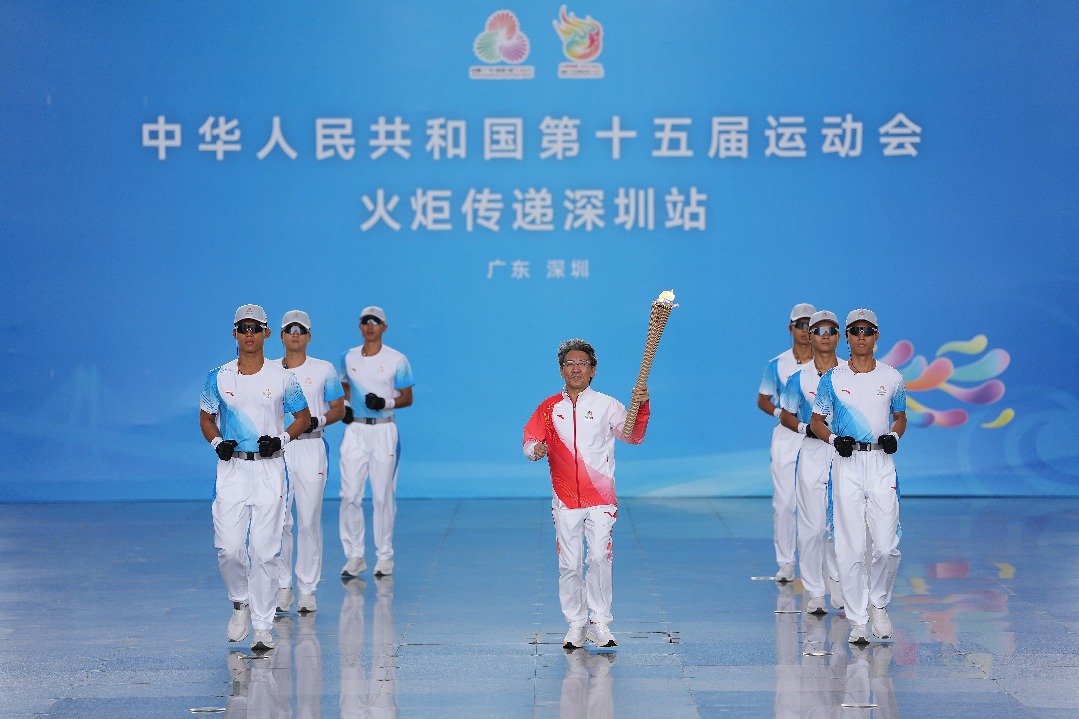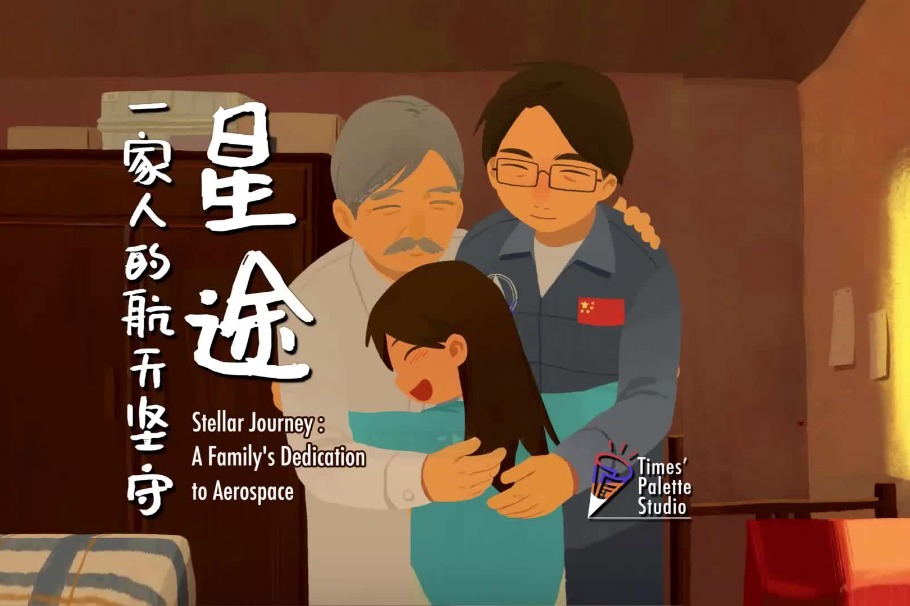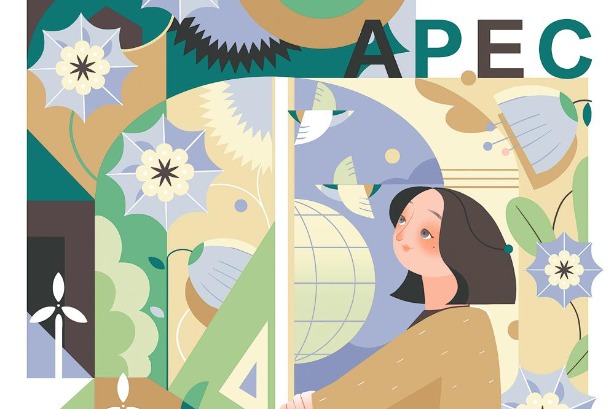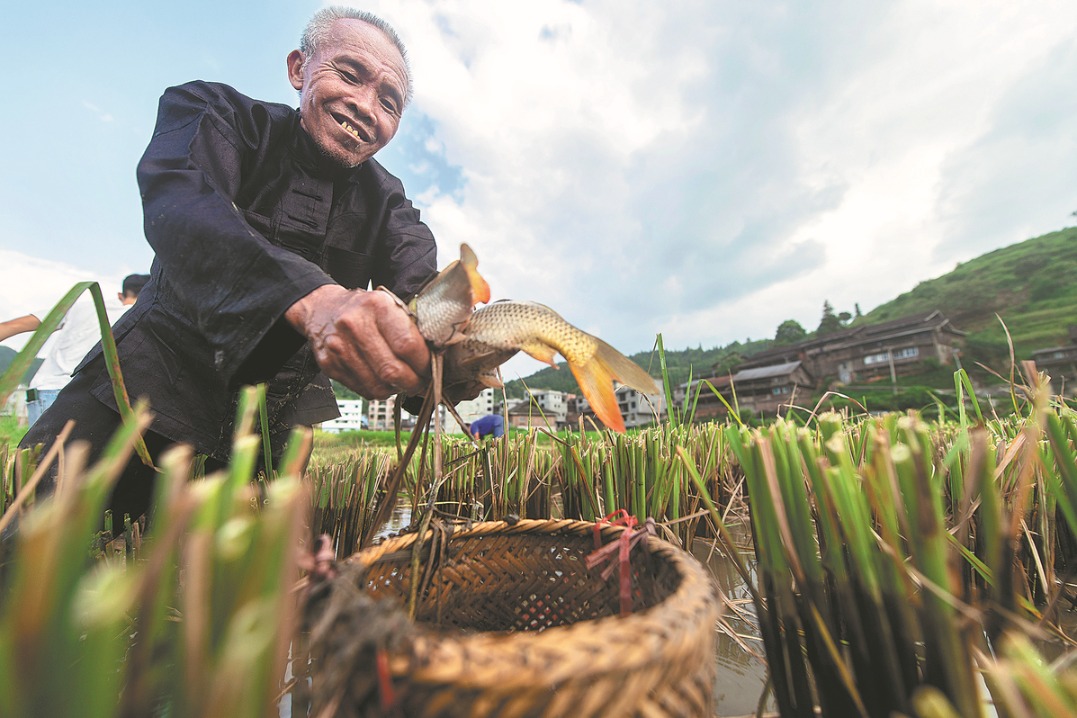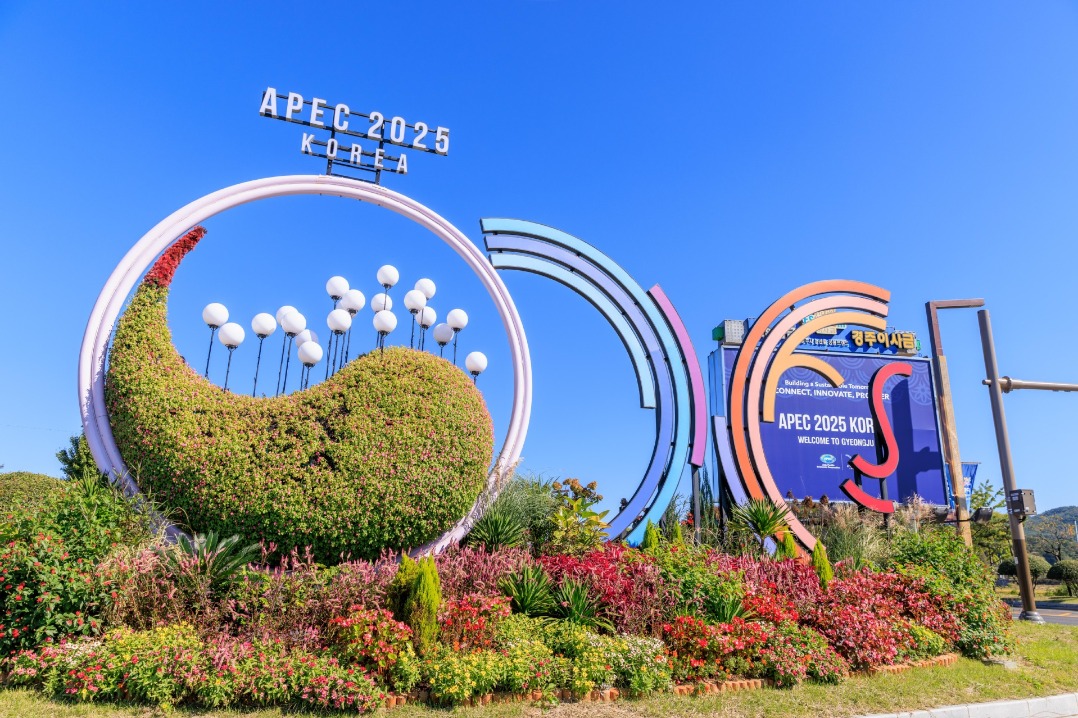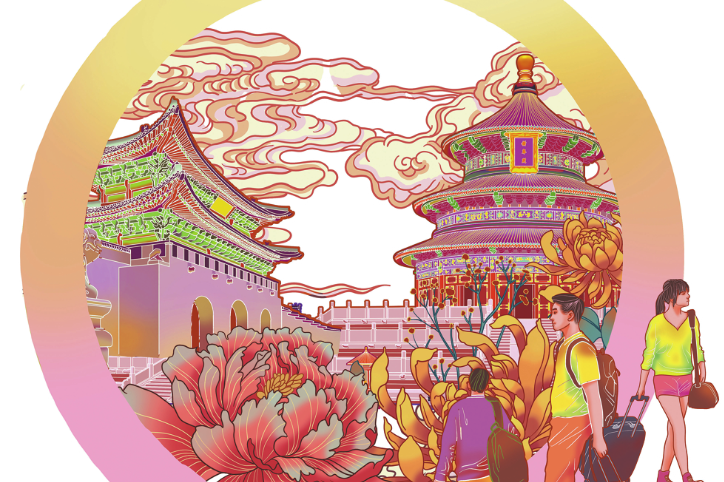Celebrating Spring Festival in the countryside

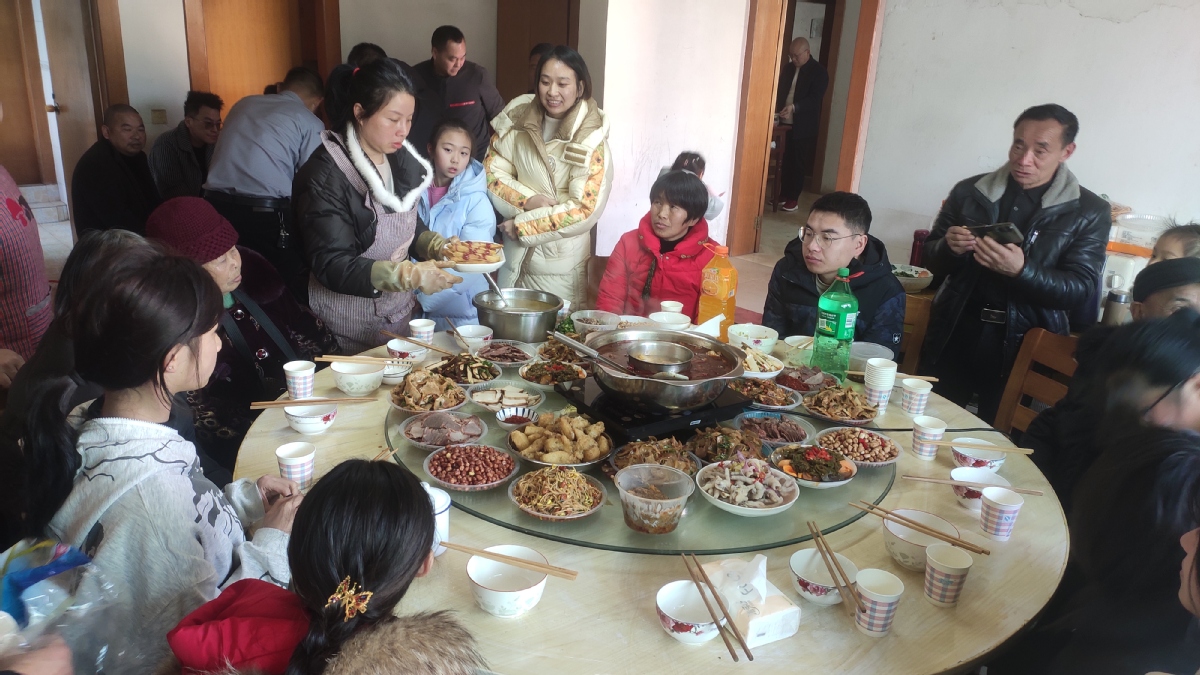
In fact, it was an unexpected invitation. Why would a family, introduced to me hardly two weeks ago, invite me to join them to celebrate the Spring Festival? Nevertheless, the message from Feng was real and it took me no more than few seconds to reply “YES”.
As the breeze of the Chinese New Year started to blow, our campus was gradually deserting. Students with their luggage were exiting the campus gates to catch the trains back way to their hometowns, hundreds of miles away. Noises from playgrounds were diminishing and canteens were only opened for half meal services. The chime of hundreds of bicycles throughout the campus has turned into barren peace, leaving sharing bicycles abandoned on the footpaths.
I joined Feng’s family to go to Jianxing town, Nanchong city - some two hundred kilometers away from Chengdu - a day before the Chinese New Year. Many cars were going out of Chengdu, probably people hurrying back to their hometowns to celebrate Spring Festival with their family members who were eagerly awaiting them.
After about four hours of driving, we arrived at Jianxing and, to my amazement, I saw stacks of ruined red paper in the front yards of every household. Later I discovered that those were the remains of firecrackers burned to welcome the Spring Festival.
Mother Feng was waiting for us and as soon as we arrived the whole Feng family went to their ancestral home. It was an old styled one-storied house mostly made up of wood. Inside there were some images of their ancestors and gods.
The whole family, one by one, burned incense sticks in odd numbers – mostly in threes, but never with an even number. Then they bowed thrice in front of the images. They burned some easily flammable yellow paper in the front yard. Mother Feng was busy offering a bowl full of fruits and sweets to the images inside.
All the activities I witnessed reminded me of festivals from my own community. I didn’t wait to participate in praying along with Feng’s family. Interestingly after all their prayers, Feng’s husband lit the garland of firecrackers in the front yard, making an ear-deafening noise. The loud noise could be heard all around the vicinity.
The Feng family then went to the tombs of their ancestors and made prayers in similar posture. Some of tombs were constructed nicely with many Chinese characters inscribed on a marble slate.
Their ancestral home was a small countryside surrounded by small hillocks. The green provided by a pine forest, the wheat farm and the vegetable gardens were refreshing. Villagers were enjoying their feasts together with their family around a big table with a myriad of Chinese cuisines.
I was told that dumplings and tangyuan (a traditional Chinese dessert) are special cuisines cooked during the Spring festival. Many of the dishes we ate were new to me. It gave me the rural and original taste of Chinese traditional dishes.
Nobody was ready to go to bed that night because all of us were eagerly waiting to welcome the New Year. The Feng family also bought some fireworks to make their front yard bright. As the bell of midnight hit, the whole village started lighting their fireworks, making the sky bright and dazzling. It was really a memorable view.
The next day, the elders of the Feng family handed red envelopes with some renminbi inside to their children and, luckily, Feng’s husband gave me one as well. I knew about the tradition of the red envelope in China and it made me happy when I got one.
I followed the Feng family to Langzhong ancient city on the bank of Jialing River that day. There was a huge crowd all around, enjoying various traditional foods, buying souvenirs and observing the beautiful reddish decoration of the age-old town.
Celebrating with one’s family is a traditional Chinese virtue that Chinese people have continued to keep intact. Spring Festival seems a profound occasion to continue this virtue.
It was next day when I learned even more about Chinese family relations. The Feng family was busy that day preparing various dishes and cleaning the house. They had invited their relatives and friends over for the New Year feast.
Relatives and friends were welcomed with tangerines, nuts, Chinese tea, melon seeds and sweets. It was a fine day with good sunshine. So, everybody enjoyed the sun and started greeting each other- Xin Nian Kuai Le. (Happy New Year). After a hearty lunch, some started playing mahjong and some played poker. Though I tried hard to understand mahjong, I couldn’t.
After spending some days with Chinese family in countryside, the strongest impression I had is that Chinese people are very accepting. I never felt like I was far away from my family in another country when I was with the Feng family. Even the relatives and friends of the Feng family were very welcoming and asked me a lot of questions about my country and family. Though it is not easy for me to communicate everything properly in the Sichuan dialect, I think the language of feeling and acceptance is universal and understandable.
Feng and her husband were always trying to teach me Chinese culture and traditions, asking for help from their daughters to translate their words into English. Feng’s husband often used a translation app to escape any wrong understanding.
The world today is dazzled by the magical infrastructural development of China. But, while highlighting those tangible powers, the endless intangible heritage and tradition of China cannot be shadowed. Chinese people are inclusive and share what they have with whole humankind.
The Spring Festival this year not only gave me unprecedented amusement and knowledge, but a Chinese name as well. It is not easy for Chinese friends to pronounce my name. So, for their benefit, the Feng family started calling me Li Wei. Feng said my name sounds Li Wei in Chinese. Often, I got confused when they looked at me and called Li Wei. But now my ears are used to my new name.
Thanks to Feng family for making me feel family love and teaching me about Chinese life when I am far away from my country.
Niraj Lawoju is a Nepali student studying at Sichuan University.
The views don't necessarily reflect those of China Daily.
If you have a specific expertise, or would like to share your thought about our stories, then send us your writings at opinion@chinadaily.com.cn, and comment@chinadaily.com.cn
















